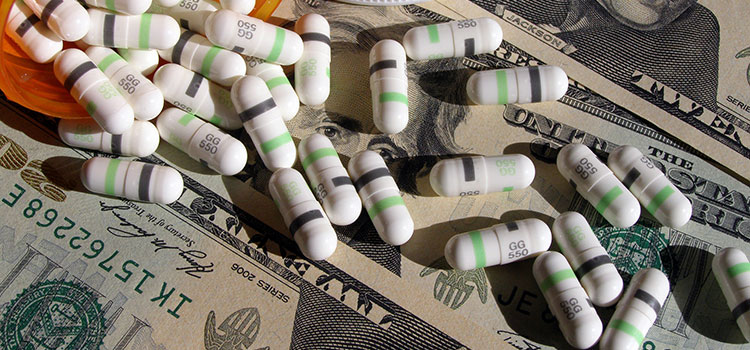According to documents obtained by Vice through a Freedom of Information Act request, the Food and Drug Administration refuses to consider cannabis a medicine because studies have shown it is addictive to monkeys, people prefer to smoke it, it’s “widely available from illicit sources,” and it’s popular.
Additionally, the FDA listed nine common effects of marijuana, including “illusions, delusions, and hallucinations,” “increased merriment and appetite,” “disorganized thinking,” “heightened imagination,” with high-dosed users experiencing “agitation, paranoia, confusion, drowsiness, and panic attacks” as reasons to maintain the status-quo.
However, they also concluded that cannabis is not a gateway drug, doesn’t cause cancer; found no “causative link between marijuana use and the development of psychosis,” does not affect memory long-term, and is no more addictive than tobacco.
The documents show that the FDA still considers cannabis on par with harder narcotics — cocaine, heroin and methamphetamines — and that cannabis users prefer the “intense psychoactive drug effect achieved rapidly by smoking” which they says “explains why abusers often prefer to administer certain drugs by inhalation…rather than orally.”
Nevertheless, cannabis is Schedule I under the Controlled Substances Act, while cocaine and the opiate-derived OxyContin and fentanyl, are Schedule II.
In a section of the documents regarding “history and current pattern of abuse” the FDA points to a 2012 study that found more than 7.6 million Americans use cannabis on a “daily or almost daily” basis while another 111.2 million used cannabis at least once.
Despite the Schedule I status of cannabis – due to marijuana’s classification as having “no medicinal value,” Michael Felberbaun, an FDA spokesman, said that the agency has “an interest in developing therapies from marijuana.”
“We continue to encourage work to assess whether there are appropriate and effective therapeutic uses of marijuana and its components and believe the drug-approval process using scientifically valid and well-controlled clinical trials is the most appropriate way for this to occur,” Felberbaum said in the report.
Get daily cannabis business news updates. Subscribe
End
